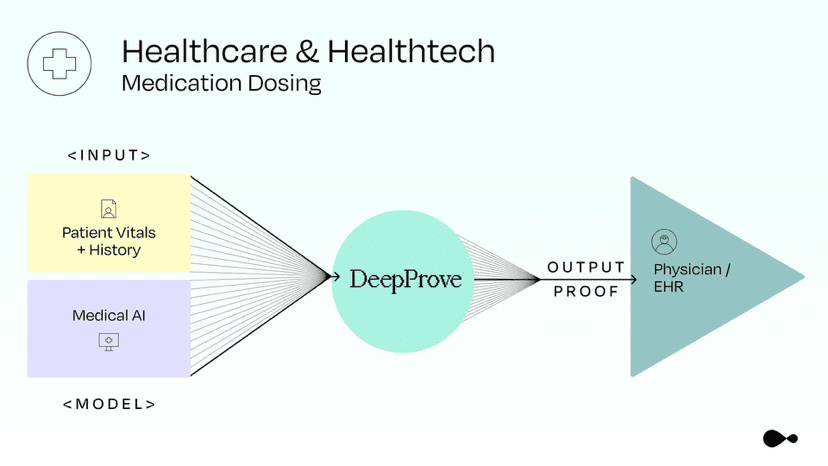Making the proof into a network rather than a standalone service is another watershed for Lagrange. The ZK Prover Network is built on the restaking framework of EigenLayer: operators restake their own or delegated equity to AVS, earning network fees based on task volume and quality; this provides a trustless economic constraint and establishes a feedback relationship between 'capacity-security' and 'demand-cost'. EigenLayer's industry overview places it alongside Symbiotic and Karak as mainstream restaking solutions, with a long-term advantage in TVL.
The network lineup has credibility. The official blog listed first-tier nodes such as Coinbase, OKX, Staked (Kraken), P2P.org, Ankr, Nethermind, Luganodes, HashKey Cloud, Chorus One, stakefish, and Everstake as the first or early operators when announcing the mainnet launch in June 2024; subsequent official sites and multiple updates consistently describe '85+ operators' and 'production-ready' in external communications. For Rollup/DApps seeking stable proof supply, this means resistance to downtime, censorship, and capacity elasticity.
How to verify is not just 'self-assertive'? On one hand, the EigenLayer AVS list and community statistical tools will display the delegation and operation addresses of a certain AVS in real-time; on the other hand, third-party observation stations provide rankings of operators and staking amounts, for instance, the page for u–1 shows the staking scales of Coinbase, HashKey, stakefish, OKX, and others. Observing the operator list, staking scale, and task volume together is more stable than 'screenshot recommendations'.
The value of the network lies not only in 'people running', but also in task diversity. Lagrange abstracts proof tasks into a general 'work order': batch circuits from ZK Rollup, data query proofs from Coprocessor, and zkML inference from DeepProve can all be uniformly scheduled by the network. This allows idle capacity at night to be filled with other tasks, smoothing costs; for developers, there is no need to find different suppliers for different proof types, and unified integration reduces operational and legal complexity. The official documentation refers to this network as a 'modular, nearly infinitely scalable foundational proof layer', emphasizing 'universality' in its positioning.
From a security perspective, restaking provides economic accountability: if operators act maliciously or go offline, they will face penalties under AVS rules; combined with geographical distribution and operational redundancy, services can be maintained during cloud provider fluctuations or regional network failures. Several exchanges/research communities interpreting this network in 2025 continue to highlight '85+ institutional-level operations' and 'global distribution' as evidence of stability.
@Lagrange Official #lagrange $LA
